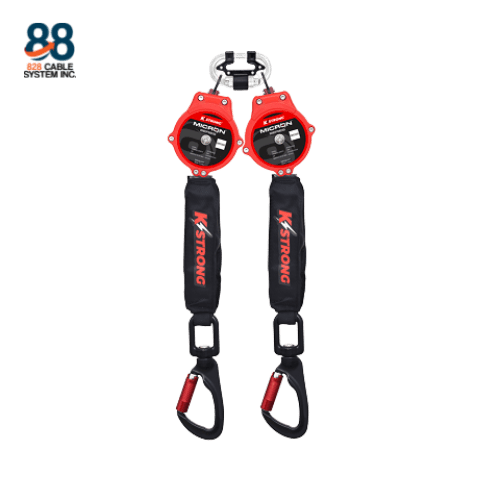
Internships play a crucial role in the software testing field, offering valuable hands-on experience and setting the foundation for a successful career. In this guide, we’ll explore the benefits of internships for entry-level software testers and provide a step-by-step plan to help you secure the perfect internship program. From understanding the role of an entry-level software tester to nailing the internship and building a professional network, we’ve got you covered.
Understanding the Role of an Entry-Level Software Tester:
As an entry-level software tester, your responsibilities will involve identifying and reporting bugs, conducting tests, and ensuring software quality. Familiarize yourself with the necessary skills and qualifications for this role, which may include knowledge of programming languages, testing methodologies, and attention to detail. The demand for skilled software testers is on the rise, making it an exciting field to pursue.
Benefits of Pursuing an Internship Program:
Internships provide a unique opportunity to gain practical experience and develop essential skills that can’t be acquired in a classroom setting. By participating in an internship program, you can learn firsthand about real-life software testing scenarios, improve your problem-solving abilities, and enhance your communication and teamwork skills. Additionally, internships offer a chance to build a professional network, increase your employability, and boost your career prospects.
Researching and Identifying Internship Opportunities:
To find internship opportunities, explore online platforms and job portals dedicated to internships in the software testing field. Additionally, attend networking events and participate in industry-specific forums to connect with professionals in the field. Don’t hesitate to reach out to software testing experts and mentors for guidance and recommendations. University career services can also be a valuable resource for finding internship opportunities.
Crafting an Impressive Internship Application:
Your internship application should highlight your relevant skills and experiences. Create a well-structured resume that showcases your academic achievements, relevant coursework, and any personal projects related to software testing. Tailor your cover letter to each internship opportunity, emphasizing your enthusiasm for the role and how your skills align with the company’s requirements. If applicable, mention any contributions you have made to open-source software or testing communities.
Interview Preparation Tips for Internship Candidates:
Before your interview, research the company and familiarize yourself with its software testing processes. Prepare answers to common interview questions, demonstrating your problem-solving and critical thinking abilities. Highlight any relevant coursework or personal projects that showcase your expertise. Confidence, good communication, and a genuine interest in the field will help you make a positive impression.
Nailing the Internship:
Once you secure an internship, set clear goals and expectations for yourself. Take advantage of the learning opportunities provided by your mentors and experienced professionals. Actively participate in team projects and meetings, ask questions, and seek feedback to continually improve your skills. Remember that internships are a learning experience, so embrace challenges and be open to new ideas.
Building a Professional Network:
During your internship, make an effort to engage with your colleagues and supervisors. Attend company events and take advantage of networking opportunities. Consider joining professional associations and attending industry conferences to expand your network further. Additionally, utilize online platforms such as LinkedIn to connect with professionals in the software testing field and showcase your skills and achievements.
Leveraging the Internship Experience for Future Opportunities:
After completing your internship, update your resume to include the details and accomplishments from your internship experience. Request recommendations from your supervisors and mentors, as they can add credibility to your job applications. Create a portfolio that showcases the projects you worked on during your internship. Apply the skills and knowledge you acquired to future job applications, demonstrating the value you can bring to prospective employers.
Takeaway:
Internships offer a valuable pathway for entry-level software testers to gain practical experience and build a solid foundation for their careers. By understanding the role, researching opportunities, crafting impressive applications, and making the most of the internship experience, you can pave the way for future success. Embrace the learning opportunities, network with professionals, and leverage your internship experience to open doors to exciting opportunities in the software testing field.



